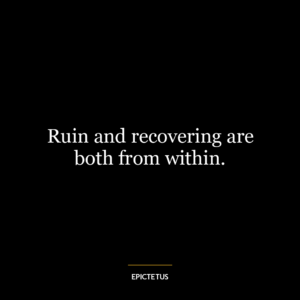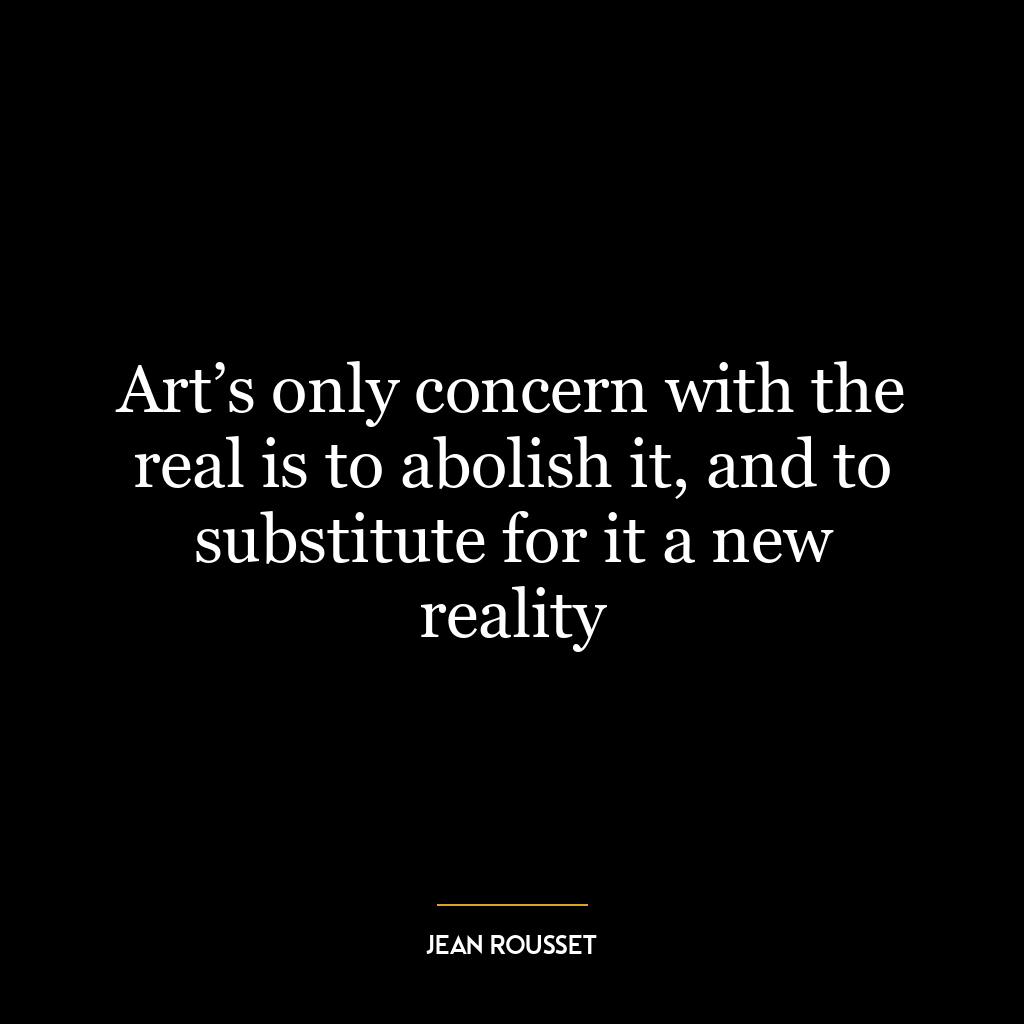This quote is essentially a call to self-awareness and humility. It suggests that the first step towards becoming a better person is to acknowledge one’s own flaws and shortcomings. It’s not about self-deprecation or fostering a negative self-image, but about understanding that nobody is perfect, and that we all have areas in which we can improve. Recognizing that you are ‘wicked’ is a metaphor for acknowledging your imperfections and mistakes.
The idea is that by acknowledging your flaws, you create room for growth and improvement. If you believe you’re already good, you may become complacent and stop striving to improve. However, if you start from the premise that you have work to do – that you have ‘wickedness’ within you – you’re more likely to be motivated to become better.
In today’s world, this idea is highly relevant. In a society that often emphasizes the importance of self-esteem and confidence, it’s easy to overlook the value of self-criticism and humility. Yet, recognizing our own flaws can be a powerful driver for personal development.
For example, if you’re trying to become more patient, the first step is to admit that you’re currently impatient. If you’re working on becoming more empathetic, you must first recognize that you’re not as empathetic as you could be. This principle applies to any aspect of personal development, from emotional intelligence to skills acquisition.
In the context of personal development, this quote can serve as a reminder that growth starts with self-awareness. It’s only by acknowledging our weaknesses that we can begin to address them. It also underscores the importance of humility and the willingness to change and grow.















